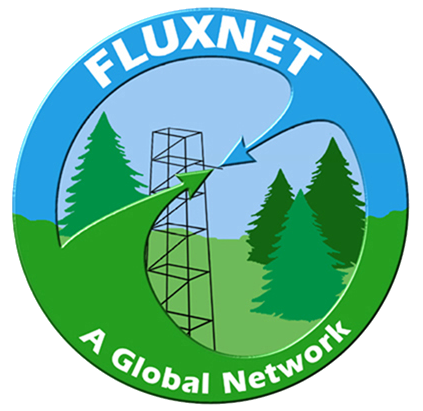The Research Scientist – Micrometeorology role supports the Integrated Surface Flux System (ISFS), a cutting-edge tower-based measurement system used to explore turbulence in our atmosphere worldwide.
You’ll be assisting researchers in utilizing ISFS to its full potential and collaborating with the ISFS team to ensure field projects meet research goals. As a key player in all aspects of ISFS field deployments, you’ll interact with project scientists and participate in data quality control. In this role, you’ll also play an active role in continuously improving measurements by reviewing sensor performance and evaluating new technologies. You will help to continuously push the capabilities of ISFS forward.
Job Location: Boulder, Colorado.
Some or all of the work in this position description must be performed on-site at UCAR campuses and/or remote field sites that are domestic and/or international.
What You Will Do:
– Field Project Support: Supports all aspects of ISFS field projects including project planning, site selection, ISFS configuration, ISFS equipment preparation, ISFS deployment, real-time data monitoring, and creating data analysis products.
– Scientific Research: Carries out independent research, consistent with the NCAR Strategic Plan. This research often uses but is not limited to, data from ISFS field projects. Presents results by making presentations at national and international conferences and publishing in peer-reviewed journals.
– Technical Research: Investigates new sensor technologies, data analysis methods, or other ways to improve ISFS observations.
– Broader roles in the Support of the Laboratory: Supports EOL and NCAR education and outreach, Supports workforce development activities including serving as a mentor and/or advisor.
REQUIREMENTS:
– Must be (a) a U.S. citizen; (b) lawfully admitted for permanent residence in the United States; or (c) a protected individual as defined by 8 USC1324b(a)(3).
– Willingness to travel to remote field locations for periods of up to 3 weeks, 2-3 times per year.
Education and Experience REQUIRED:
– Ph.D. in Atmospheric Sciences or related discipline, 7-12 years of experience beyond Ph.D., with a strong publication record and demonstrated ability to lead scientific projects and supervise junior and support staff.
Knowledge, Skills, and Abilities REQUIRED:
– Demonstrated ability to conduct high-quality independent research in observational atmospheric sciences.
– Advanced knowledge of turbulence in atmospheric flows — especially the surface layer — including the Surface Energy Budget, Navier-Stokes Equations, Turbulence Kinetic Energy budget equations and terms, semi-empirical relations to evaluate these terms, and the role of atmospheric stability, as well as the knowledge of how each of these terms can be measured in the field.
– Advanced knowledge of the instrumentation and methods required to measure these terms in the field.
– Demonstrated ability to work well in an interdisciplinary team.
– Excellent communication, interpersonal, and conflict resolution skills including the proven ability to make presentations to audiences of various sizes and backgrounds.
– Demonstrated ability to perform collaborative research.
